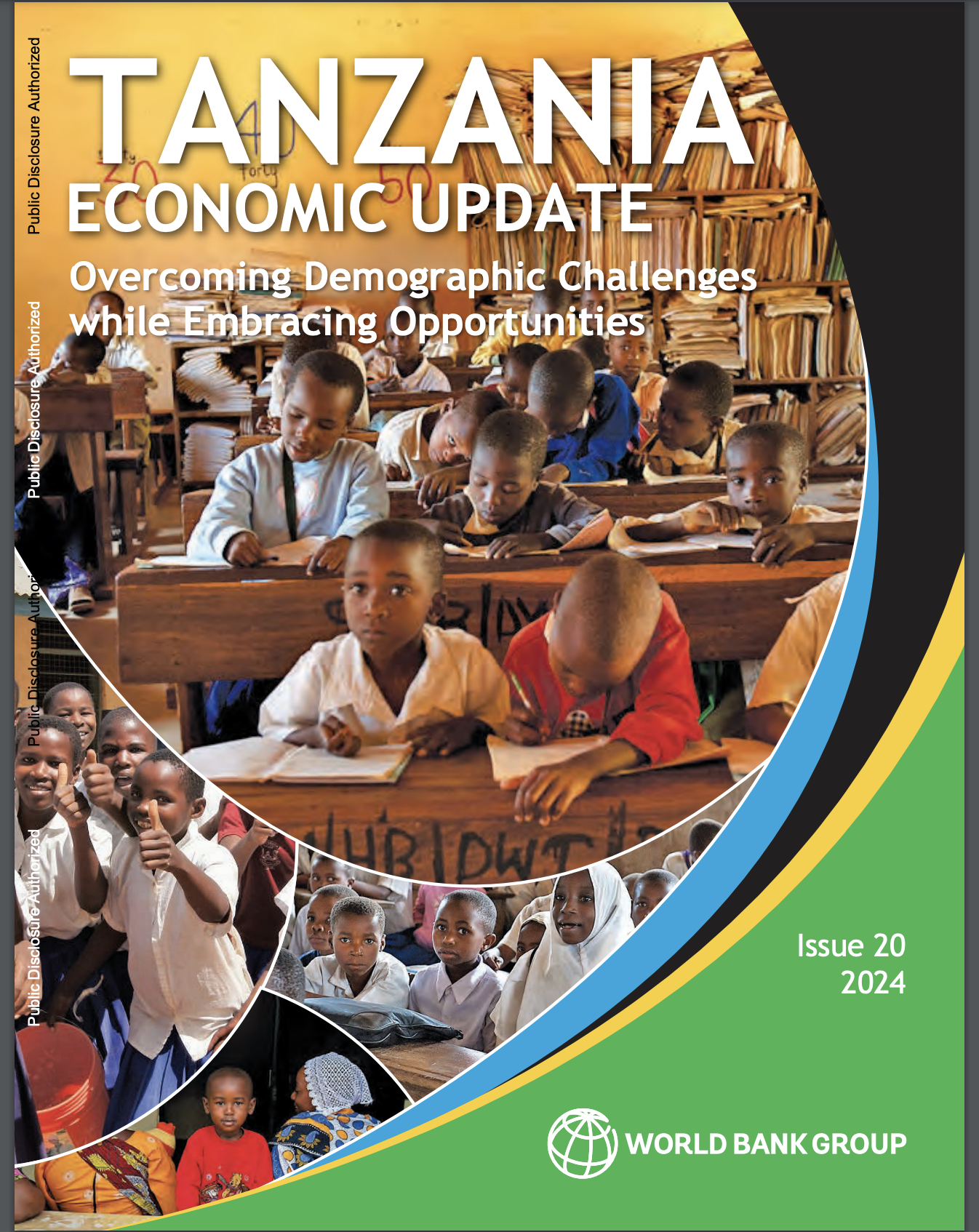Kilimokwanza.org
Tanzania’s economic landscape is undergoing a transformative shift, with strategic efforts aimed at bolstering the business environment and igniting investment. Amidst the backdrop of global economic fluctuations and internal challenges, Tanzania has demonstrated a remarkable commitment to enhancing its investment climate, a move poised to propel the nation into a new era of economic prosperity and resilience.
The “Tanzania Economic Update” by the World Bank underscores the significant strides Tanzania has made in strengthening its business ecosystem. One of the landmark reforms highlighted is the enactment of the new Tanzania Investment Act, alongside the implementation of the Tanzania Electronic Investment Window (TeIW). These initiatives represent more than mere policy adjustments; they are bold steps towards streamlining investment processes, reducing bureaucratic hurdles, and offering a more welcoming hand to both domestic and foreign investors.
Despite the historical volatility in net Foreign Direct Investment (FDI) inflows, these measures signal a rejuvenated approach to attracting investment. The update points to a nuanced yet optimistic view of investment trends, acknowledging a discernible increase in the share of FDI in GDP from 1.1 percent in 2020 to 1.5 percent in 2022. This positive trajectory is further evidenced by the reported surge in registered investment projects within Tanzania, marking a significant uptick in investor confidence and interest in the Tanzanian market.
The significance of these reforms cannot be overstated. By simplifying investment processes and enhancing transparency, Tanzania is not only facilitating economic recovery post-pandemic but also laying the groundwork for sustainable long-term growth. The Investment Act and TeIW are crucial components of Tanzania’s broader strategy to create a robust, dynamic, and diversified economy capable of withstanding global economic pressures and harnessing the vast potential within its borders.
However, the journey toward economic revitalization extends beyond legislative reforms. It encompasses a holistic vision that integrates infrastructure development, workforce skill enhancement, and innovation in sectors poised for growth. Furthermore, it requires a steadfast commitment to governance and regulatory frameworks that ensure fairness, transparency, and accountability, fostering an environment where businesses can thrive and contribute significantly to the nation’s development goals.
The World Bank’s update sheds light on the potential impacts of these initiatives, suggesting that “if the government implements planned reforms steadfastly, growth should gradually reach its potential real GDP growth rate”. This statement encapsulates the essence of Tanzania’s economic ambition – to not only recover from the transient challenges of the global pandemic and internal adversities but to soar to new heights of economic achievement and stability.
Tanzania’s efforts to revamp its business environment and investment climate are pivotal to its economic narrative. The nation stands at the threshold of a transformative journey, with the promise of a brighter, more prosperous future for its citizens. As Tanzania navigates the path of economic recovery, the global community watches with keen interest, recognizing its potential to emerge as a beacon of growth, innovation, and resilience in the region. The story of Tanzania’s economic recovery and revitalization is one of determination, strategic vision, and an unyielding commitment to progress, setting a precedent for other nations striving to enhance their investment climates in the face of global challenges.
